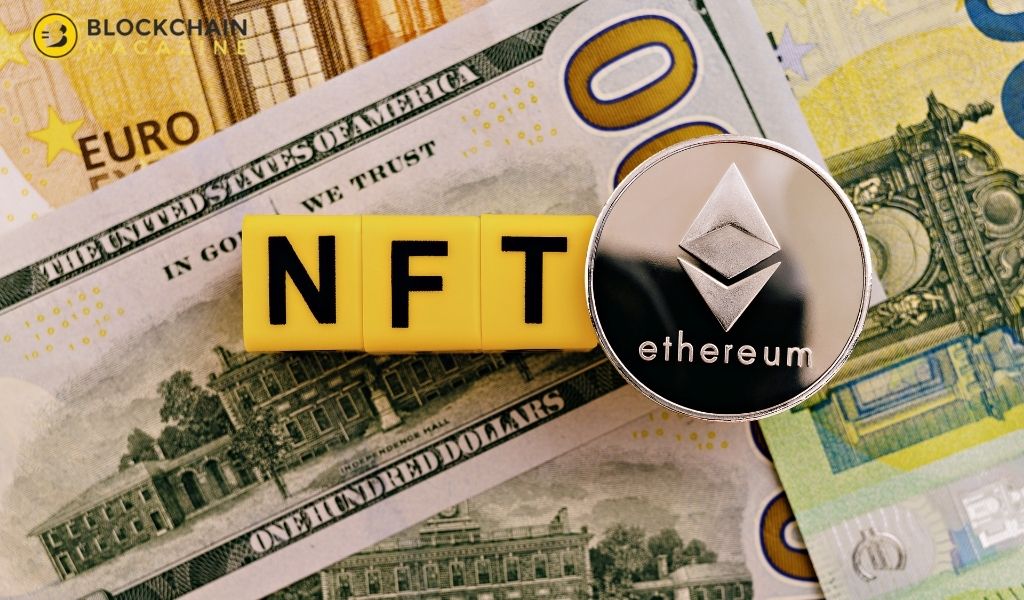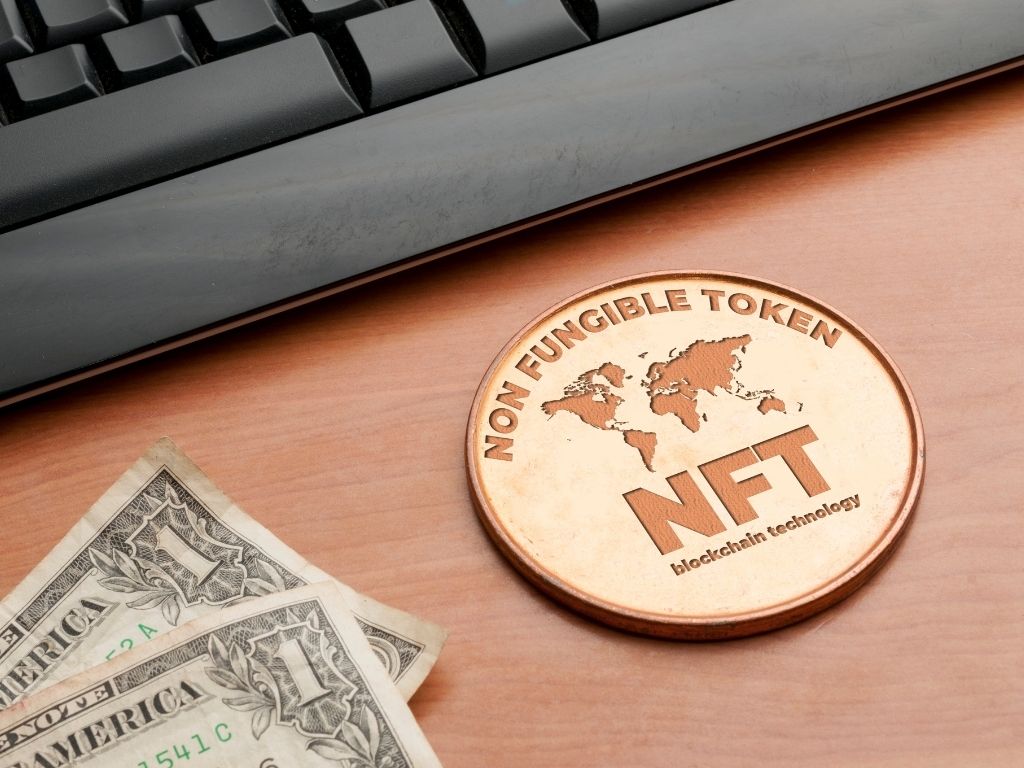The Top Industries Adapting to NFTs With Case Studies
NFTs have begun to disrupt sectors all over the world due to their steady rise in value and popularity. Industries are proactively adapting to NFTs or trying to improve their readiness to do so in the future. NFTs are being used by major brands such as Adidas, Coca-Cola, and McDonald’s for their primary product of Metaversal marketing. But what benefit do they provide to the end-users? How are these real-time offline enterprises retaining their consumer bases?
This article will discuss how the leading industries and their major players are aggressively adapting to NFTs to establish their position in the Gen-Z Metaversal world.
The Arts and Music Business
Custodians who oversee vital components of intellectual property have a long history in the art and music industries. These arbiters oversee the sale and distribution of an artist’s work and the allocation of earned income. Brokers, galleries, agencies, and record labels are examples of such people.
NFTs provide incredible opportunities for artists in terms of ownership. They have the power to change the synergy. Artists can now interact with buyers (fans). They can keep the intellectual property for each piece of art, which can create a steady source of revenue in the form of resales. Many well-known artists, both in the arts and in music, have begun adapting to NFTs for their benefit. Mike Winkelmann, often known as Beeple, was a graphic designer before becoming one of the most renowned NFT painters in the world. His famed NFT “Every day’s,” a collection of 500 of his works that sold for $69 million dollars overnight, made the artist a millionaire. Mural Pak or Pak, for example, sold his NFT “Merge” for a staggering $91.8 million dollars.
Famous DJ Steve Aoki, Canadian musician Grimes, rapper Snoop Dogg, and others are aggressively selling their songs as NFTs for millions of dollars in the music industry.
🙌🏻 Snoop Dogg’s Son Is a Die-Hard Cardano Supporter, Teases Upcoming NFT Release https://t.co/boXk2anWCN
— What Crypto Dude (@WhatCryptoDude) May 31, 2022
The Gaming Business
The game industry’s expectation of adapting to NFTs is going as expected. In-app purchases have become commonplace in most games, allowing them to grow into virtual companies. They act as a token for assets that may be acquired in the game, such as shields and skins. NFTs, give the gaming industry the option to let players keep the assets they’ve purchased in their games. Next, the player can convert their in-game assets/investments into fiat cash.
The freshly developed Blockchain games Axie Infinity, Spliterlands, Sandbox 3D, and others are examples of such gaming use cases. Surprisingly, this industry is the most connected to the Metaverse and hence has the greatest opportunity to profit from the growing craze.
Also, read – How Axie Infinity is driving the Future of Gaming?
The Fashion Business
The fashion industry has a history of setting the latest trends, and NFTs are no exception. NFTs have already been banded by 17% of the firms covered in the Vogue Business Index. Burberry’s NFT collection was launched in the game Blankos Block Party by Mythical Games, and Dolce & Gabbana received roughly $6 million for a nine-piece digital NFT collection.
The ability to tap into global communities while giving them value-based concrete revenue is the true benefit of NFTs to the fashion industry. Brands are also adapting to NFTs to create individualized experiences that increase attractiveness. As a result, customers become more devoted to the brand. All of this enables businesses to create buzz around their new debuts, resulting in increased revenue.
The Real Estate Business
One of the primary disadvantages of real estate investing is the difficulty in transferring property ownership. Purchasing a property or starting a real estate business currently involves a large amount of paperwork. Also, due to governmental restrictions, the ability to possess large tracts of land is severely constrained.
NFTs make the sale process easier by allowing a buyer to take control of land parcels in a matter of minutes. Not only that, but customers may now purchase an unlimited number of virtual estate properties, which they can then resale for quadruple the original price. SandBox and Decentraland are two platforms that sell virtual real estate NFTs, with plots starting at $4.3 million.
What about the practicality? Yes, that is a point of contention. But then again, so was Bitcoin before 2015. And now have a look at it.
Other industries are experimenting with NFTs.
- Sports
- Domain names are unique identifiers for websites.
- Healthcare
- Insurance businesses, among others.
- Conclusion
Every industrial domain can benefit from decentralization, and NFTs have the capability to do so. There will surely be an even more attractive and exciting industry. Many will be adapting to NFT for collaborations in the future. You, as an individual, get to decide how you want to participate in this enthralling story.
Stay informed with daily updates from Blockchain Magazine on Google News. Click here to follow us and mark as favorite: [Blockchain Magazine on Google News].
Get Blockchain Insights In Inbox
Stay ahead of the curve with expert analysis and market updates.
latest from tech
Disclaimer: Any post shared by a third-party agency are sponsored and Blockchain Magazine has no views on any such posts. The views and opinions expressed in this post are those of the clients and do not necessarily reflect the official policy or position of Blockchain Magazine. The information provided in this post is for informational purposes only and should not be considered as financial, investment, or professional advice. Blockchain Magazine does not endorse or promote any specific products, services, or companies mentioned in this posts. Readers are encouraged to conduct their own research and consult with a qualified professional before making any financial decisions.

 Bitcoin
Bitcoin  Ethereum
Ethereum  Tether
Tether  Solana
Solana  USDC
USDC  XRP
XRP  Lido Staked Ether
Lido Staked Ether  Dogecoin
Dogecoin  TRON
TRON  Toncoin
Toncoin  Cardano
Cardano  Avalanche
Avalanche  Wrapped stETH
Wrapped stETH  Shiba Inu
Shiba Inu  Wrapped Bitcoin
Wrapped Bitcoin  WETH
WETH  Chainlink
Chainlink  Bitcoin Cash
Bitcoin Cash  Polkadot
Polkadot  Uniswap
Uniswap  Dai
Dai  NEAR Protocol
NEAR Protocol  LEO Token
LEO Token  Sui
Sui  Litecoin
Litecoin  Aptos
Aptos  Wrapped eETH
Wrapped eETH  Pepe
Pepe  Bittensor
Bittensor  Internet Computer
Internet Computer  Artificial Superintelligence Alliance
Artificial Superintelligence Alliance  Ethereum Classic
Ethereum Classic  Monero
Monero  Stellar
Stellar  POL (ex-MATIC)
POL (ex-MATIC)  Stacks
Stacks  First Digital USD
First Digital USD  WhiteBIT Coin
WhiteBIT Coin  Ethena USDe
Ethena USDe  Immutable
Immutable  dogwifhat
dogwifhat  OKB
OKB  Arbitrum
Arbitrum  Aave
Aave  Filecoin
Filecoin  Optimism
Optimism  Cronos
Cronos  Injective
Injective 



